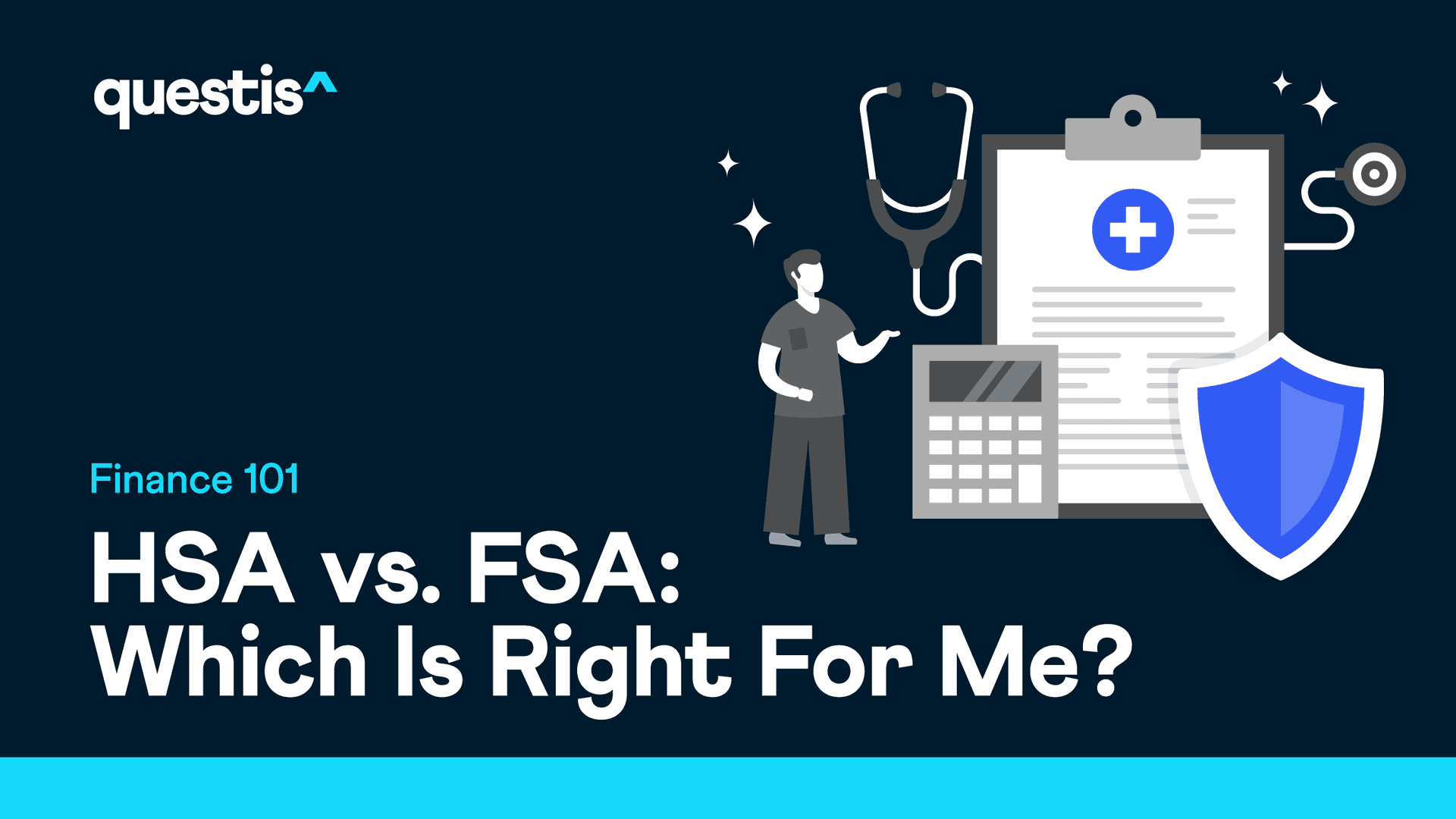Health savings accountsHealth care is already a large line item in almost everyone’s budget. And costs seem to increase every year. Flexible spending accounts (FSAs) were introduced in 1978 as an employee benefit to help set aside pre-tax dollars for medical expenses. Health savings accounts (HSAs) were created in 2003 so that individuals covered by high-deductible health plans (HDHP) could receive tax-preferred treatment of money saved for medical expenses.
The primary differences between HSAs and FSAs are that an FSA is employer-owned and less flexible; withdrawals are not allowed and contributions cannot be rolled over to the next year, while an HSA is controlled by an individual and is more flexible; withdrawals are allowed with a penalty and contributions can be rolled over to the next year.
Health Savings Account (HSA)
A health savings account (HSA) is offered by employers in conjunction with a high-deductible health plan (HDHP). Self-employed people who have high-deductible plans can also set up HSA accounts. The employer or self-employed individual deposits all or a portion of the deductible into an HSA to cover costs until the deductible is met and the health insurance policy takes over the financial burden. Employees can have more than one HSA, but there is a limit to how much an individual can contribute annually. For 2023, the limit is $3,850 for individual HSAs and $7,750 for family HSAs. People age 55 and over can contribute an extra $1,000.
Once the account is set up, an employee can contribute additional money to the HSA via a payroll deduction from gross income. The money contributed to an HSA account is made with pretax dollars, which reduces the amount of income reported for tax purposes. Interest or earnings on the money in the account is also tax-free. HSA withdrawals used to pay for qualified medical expenses are tax-free transactions. So, HSAs are considered to be triple-tax-advantaged: money you contribute is tax-free, interest or earnings are not taxed, and qualified withdrawals are also not taxed.
Flexible Spending Account (FSA)
A flexible spending account (FSA) is similar to an HSA, but there are a few key differences. For one, self-employed individuals aren’t eligible. Like the HSA, you can contribute to an FSA using your gross pay, making the contributions tax-free. As long as you use the funds to pay for qualified medical expenses, you probably won’t owe taxes on withdrawals. FSAs can also be used to cover childcare costs with a dependent care FSA (DCFSA).
HSA vs FSA Differences
Here’s a summary of the key differences between the two most common accounts, HSAs and FSAs, in more detail.
- Health savings accounts and flexible spending accounts are both benefits offered by some employers that allocate pre-tax dollars for special purposes.
- Contributions to HSAs are made with pre-tax dollars and are associated with high-deductible health insurance plans to help defray some of the high-deductible costs and can be rolled over each year.
- Contributions to FSAs are also made on a pre-tax basis and cover a wider variety of activities, such as child care if you designate the account as a Dependent Care FSA, but you must use it or lose it.
- In general, you cannot contribute to both an HSA and an FSA in the same year, unless it’s a dependent care FSA.
The Bottom Line
When choosing benefits during open enrollment, it pays to scout the choices carefully. Depending on your situation, a high-deductible health plan paired with an HSA might work well—or might be too costly. Run the numbers using an online calculator. If you are able to take advantage of a health reimbursement account, an FSA, or some of the other choices, that can be a way to reduce your tax burden.
However,if you meet the eligibility requirements, an HSA is typically a better choice for most, because you can contribute a higher amount and unused funds roll over to the following year. If you are enrolled in a high-deductible health plan that meets the rules of eligibility established by the IRS, you are free to enroll in an HSA either through your employer or on your own.
Still, many companies offer both HSA and FSA plans. Under certain conditions, you may be able to sign up for both. In either case, establishing a medical savings plan can represent significant annual tax savings depending on your tax bracket. If you establish an FSA, just keep an eye on the account to make sure you don’t let any accrued money expire at the end of the year.
The eligibility requirements, allowable contributions, and rules for medical savings plans are established by the IRS. You can reference these details in IRS publication 969.
